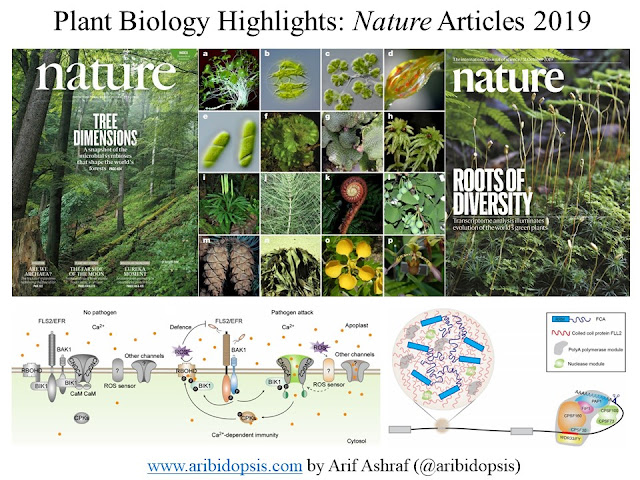Lab Made Story #4
Plants make their own food using sunlight, carbon dioxide and water. The process is known as photosynthesis. Based on the location and time, the supply of light is variable. We may connect this to our life by simply thinking about a solar energy source for our house. If it rains today, there is no energy to turn the light on for our house. Sometimes it's sunny, sometimes it's cloudy. Apart from that there is other side also, for example: excessive sunlight. During the time of excessive sunlight, plants convert that excessive light into heat energy and release it. It's an amazing self protective mechanism of plant.
Now think about a weather situation where plants are exposed from high light to low light. During the high light condition, plants will release their energy as heat. And shifting to low light or cloudy situation will help them to stop releasing energy as heat and using raw materials only for photosynthesis. You may understand that it's a cycling process. And, the head dissipation process is known as Non-Photochemical Quecnching (NPQ) of chlrophyll fluorescence. Scientists observe that in high light condition, the activation of NPQ is a very rapid process. But, shifting to low light condition, NPQ is taking much longer time to go for relaxation. During the time of relaxation, energy is dissipating as heat. The idea was that if they can speed up the NPQ relaxation process, then energy will not be dissipated as heat and will be used by plant and increase crop productivity, as well as. To test their hypothesis, they identified three genes to speed up this relaxation process from photo protective pathway of plants. Over expression of these genes helped to increase crop productivity ~15%, which is really a good news regarding food security issue for increasing number of world population.
Title: Improving Photosynthesis and Crop Productivity by Accelerating Recovery from Photorpotection
Authors:JohannesKromdijk,
Katarzyna Głowacka,
Lauriebeth Leonelli,
Stéphane T. Gabilly,
Masakazu Iwai,
Krishna K. Niyogi,
Stephen P. Long
Title: Improving Photosynthesis and Crop Productivity by Accelerating Recovery from Photorpotection
Journal: Science






Comments
Post a Comment